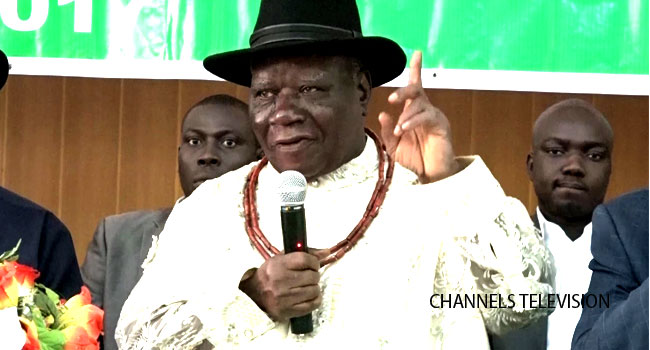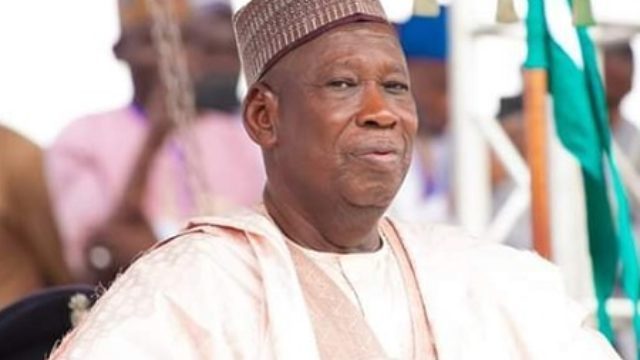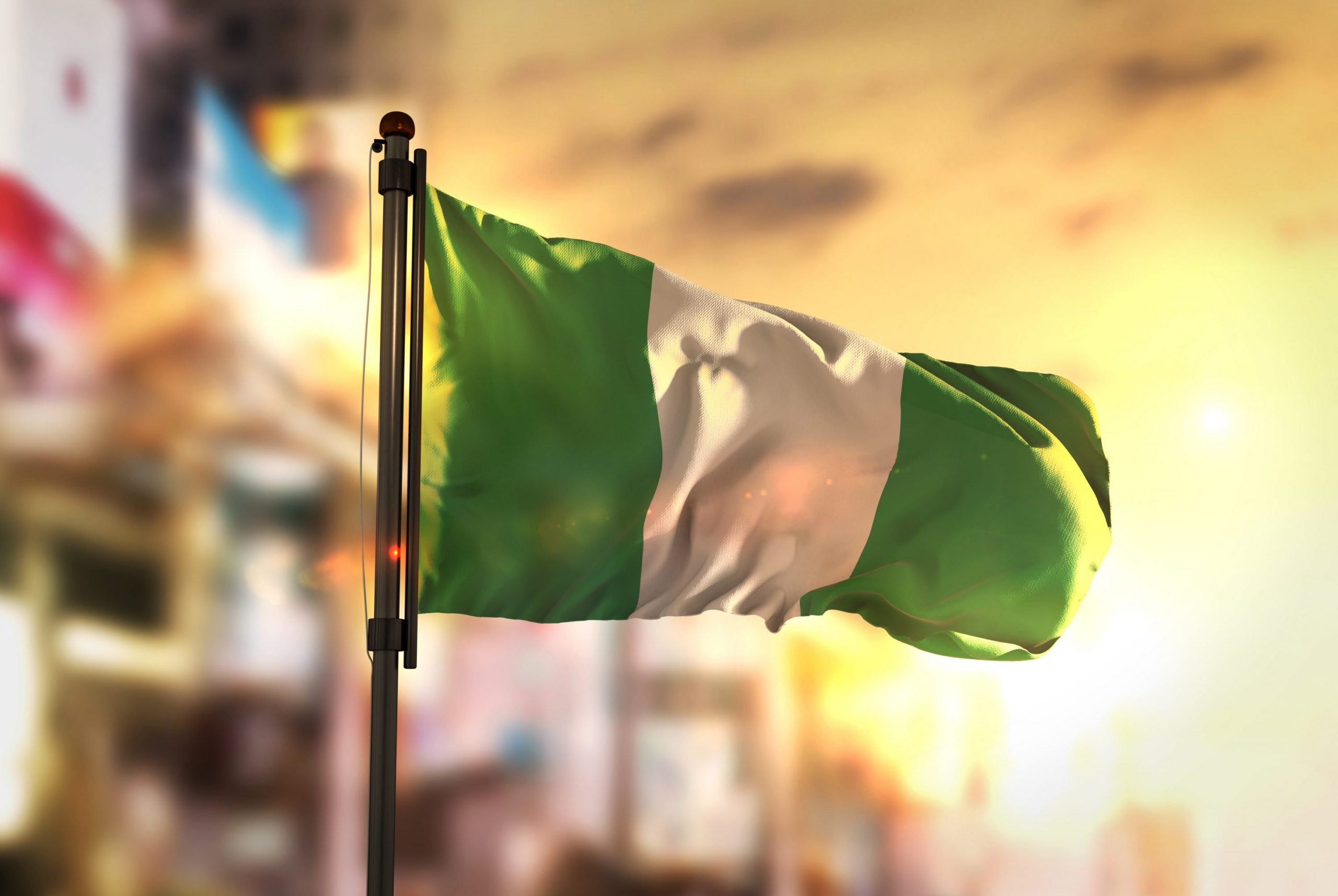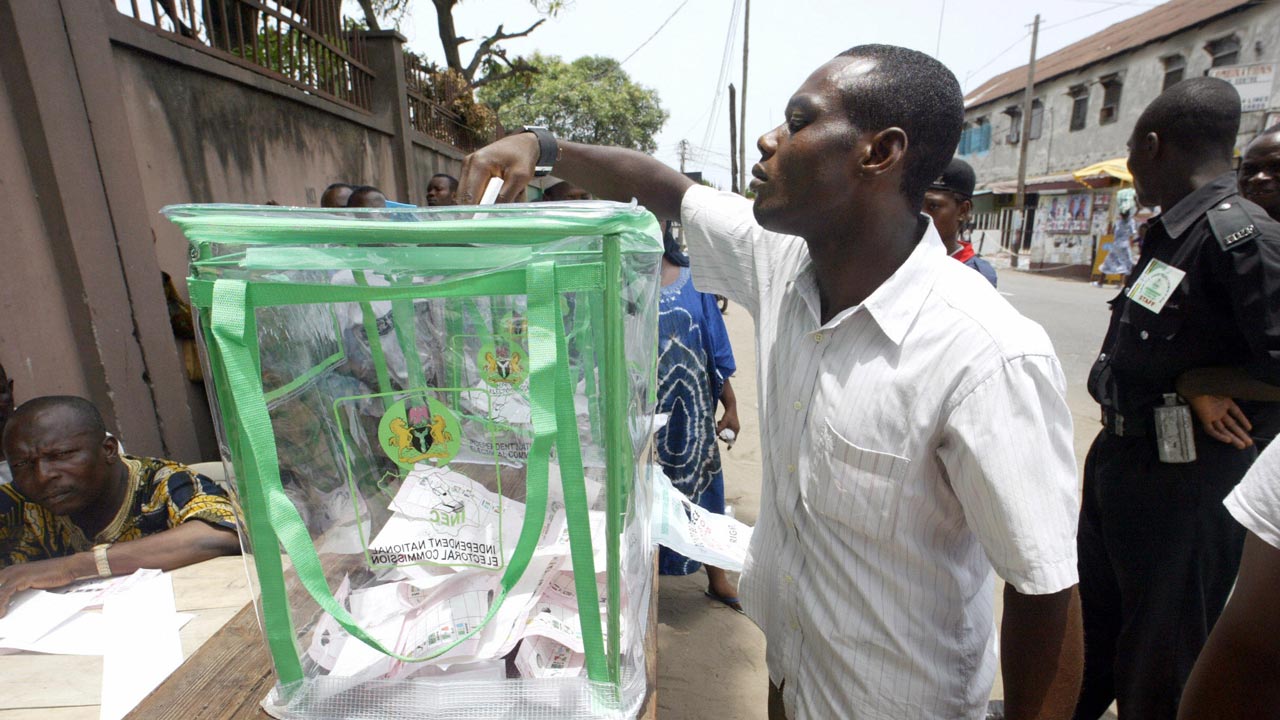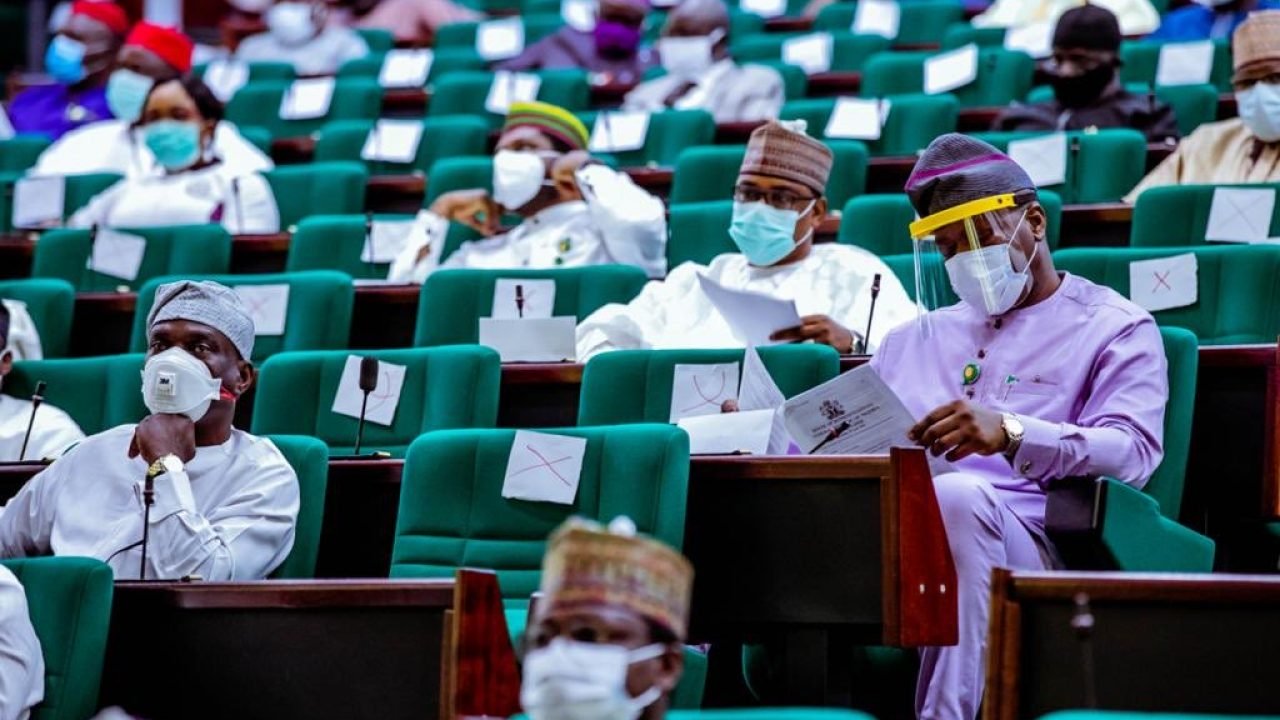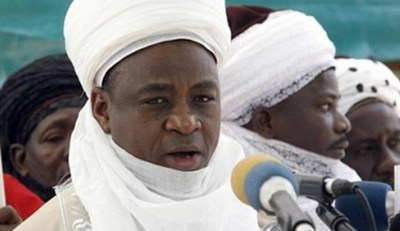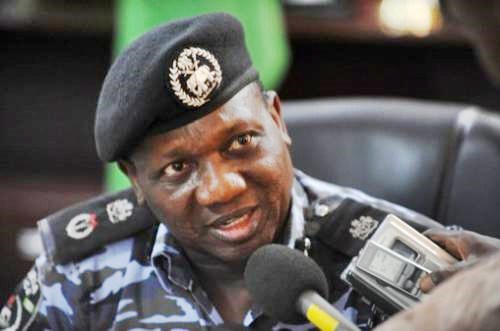By Godwin Etakibuebu
The unification of both the South and North Protectorate of Nigeria by the British was one monumental disaster. Not that it could have been anything different, given the foundation laid for a country – Nigeria, which was yet to come into existence. We need to know, and understand too, that the Nigeria brought into being; through the process of the 1914 amalgamation was just an extension of a fortified existing disastrous foundation.
It is for this reason that many Nigerians would always get it wrong by thinking and concluding that 1914 was the issue with Nigeria. No, that cannot be, as 1914; with its watershed of amalgamation, remains part of the exodus story of a nation without defined place of anchorage, but it was not the genesis – if Genesis can be appropriately defined as the beginning.
We need to seek out, and identify the place of genesis for the disaster; which was politically crowned in 1914, by the amalgamation which Colonel [later Lord] Frederick Lugard; a miserably disgruntled Colonel of the British Army [reason for him being miserable shall be further expatiated as we proceed in this exercise] presided over. But first, let us look at the events of the amalgamation and start a backward memory journey into a very long past; a past that shouldn’t be less than One Hundred years. If you are ready then let us role.
What later became Nigeria was never a nation, country, tribe or even an ethnic nationality in the hands of anybody. But instead, a commodity – albeit a perishable commodity like tomatoes, onion, fish/meat, chairs and tables of low quality, or even second-hand clothing materials.
And this “commodity”; which was not purchased, remained in the hands of some random traders of British nationalities. These traders later formed a company to be known as The Royal Niger Company, and took effective control of dominance over the “total territory” later to become Nigeria.
It is for this reason that the first and former name given to the “conquered territory” was “The Royal Niger Company Territories”. It does not sound like a country name at all – the name Nigeria was replaced and preserved up until today. Still, it was not a name for a nation, but merely a name of the territory.
It was the conglomeration of these traders that eventually sold their conquered territory, or call it Commodity, to the British Government in 1900, having taken effective command of the place from 1886 to 1899, at the cost of £865,000.
The fact to be judiciously noted from this narration is the fact that Nigeria came into being through the instrumentality of trading; by the sellers, and at no time was consideration of the peoples’ goodwill and welfare given to those conquered –the aborigines or natives, as no name for identification was given them.
Another thing worthy of consideration here is the fact that the instrument of conquering, holding together; through the mechanism of brutalization, and sales of the conquered people were all contrived by wicked foreigners – foreigners with the characteristic of brutality, most appropriate for demonic slave captors. Their [the foreign invaders] interest is purely woven around their economic survival and growth. Yet, this period was not exactly the beginning of Nigeria woes.
It all began when the first set of sailors from Europe visited this territory to be later called Nigeria. And the first to arrive here were the Portuguese, under the leadership of a very professional Sailor; Captain Ruy-de Sequeira. He sailed into the Bight of Benin and came to anchorage in the Forcados River [a small quite town in present day Burutu Local Government Council of Delta State], and this was in 1472. It is strictly for the purpose of this voyage that shipping operations started in Nigeria in that year – 1472. This sailor, with his crew was not involved so much in political activities while in that territory, but strictly concentrated on shipping and merchandise.
But same could not be said about the first British sailor to visit this territory – Nigeria. History had it that Captain Thomas Wyndham; arrived this territory in 1552, as the vessels; M/V Primrose, which was followed a few days later by M/V Lion, came into anchorage around the Eko [later to be named Lagos] waterfront. This sailor – Captain Thomas Wyndham, was said to have “vanished into the far hinterland of the territory for a lengthy time.” It could not be ascertained where the hinterland he vanished to was, those he met during the time of absence and the purpose of the vanishing into the hinderland.
Another thing that could not be confirmed was which assignment he undertook first – between “vanishing to the hinterland” and sailing to the Bight of Benin, because he established evidence of meeting with the Oba of Benin then; His Highness, Oba Orhogbua, around 1553.
The important import of this narration; of the visiting first British Sailor to this territory is the contact he was able to establish while he was alleged to have “vanished into the hinterland” of this territory. What he was able to achieve during the time he became nomadic in this territory, became materialized during another encounter between the British territorial conquerors; and the Fulani Jihadist; under the leadership of Othman dam Fodio, in early 1800 – an encounter that resulted into an “accord of relationship and terms of sharing the conquest”, between the two – the British colonialists and the Fulani jihadists.
Details of that contract agreement between the Fulani and the British and the ameliorated manner it brought succour to the Northern Fulani/Hausa oligarchy, started unfolding in 1860 at a time the establishment of Police Force [first to be called Consular Constabulary – in 1861, and later to be changed to Hausa Constabulary in 1863] for this territory was muted.
We just have to escape from the details of this narration, for sake of time and space as totality of the revelation’s trajectory are there in my incoming book – IN NIGERIA: THE VULTURES AND VAMPIRES ARE STILL FEEDING.
Let us fast-track the narration to the events of 1914 – the year of the amalgamation, as this would prove the evidence of the colossal disaster of that event. We need to know that the amalgamation of 1914 wasn’t an idea that emanated from any of the two conquered territories – Northern and Southern Protectorates, but entirely enforced by the colonialists, and without any consideration for the interests of the occupants of the two territories.
We should be getting details of facts about the amalgamation, the name [Nigeria] given to the territory, the British economic interest that forced the unification, the number of people that sat down and at the signing ceremony of the amalgamation and what the future of the amalgamated territories was likely to be, as planned by the foreign invaders.
It is a journey that l should call voyage to discovery and it is a voyage laid with difficulties, if the truth must be told. It is going to be revelation of the fraud that represents the foundation of this land of oddities, called Nigeria. It is a journey, as torturous as it would prove to be, that we must take for the sake of posterity. Let us role on into episode 2 to continue the narration, please.
Godwin Etakibuebu; a veteran Journalist, wrote from Lagos.
Contact:
Website: www.godwintheguru.com
You Tube Channel: Godwin The Guru
Twitter: @godwin_buebu
Facebook: Godwin Etakibuebu
Facebook Page: Veteran Column
Phone: +234-906-887-0014 – short messages only.
You can also listen to this author [Godwin Etakibuebu] every Monday; 9:30 – 11am on Lagos Talk 91.3 FM live, in a weekly review of topical issues, presented by The News Guru [TNG].
